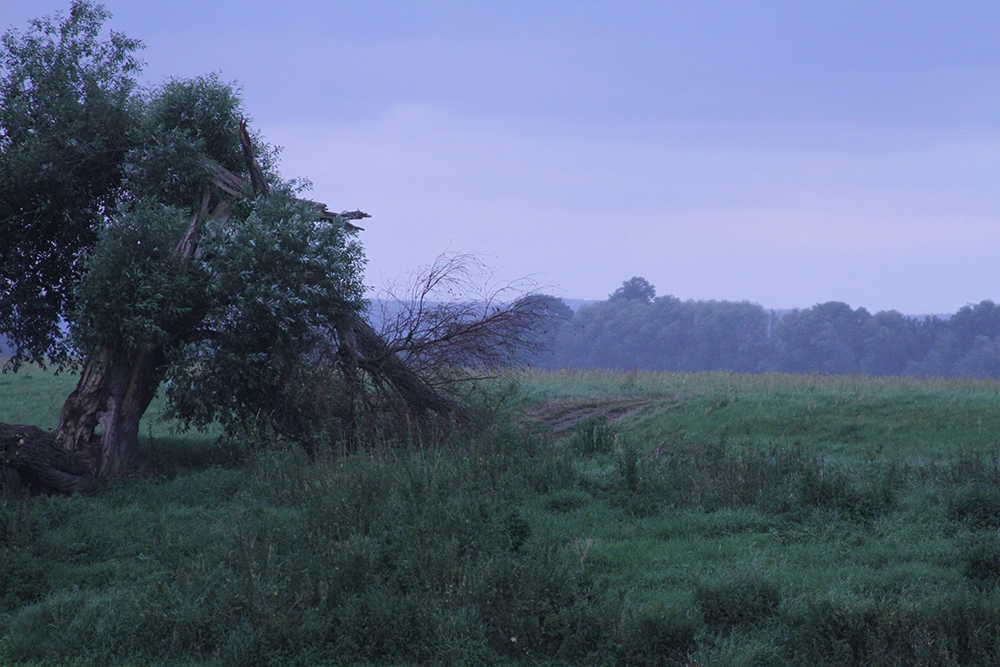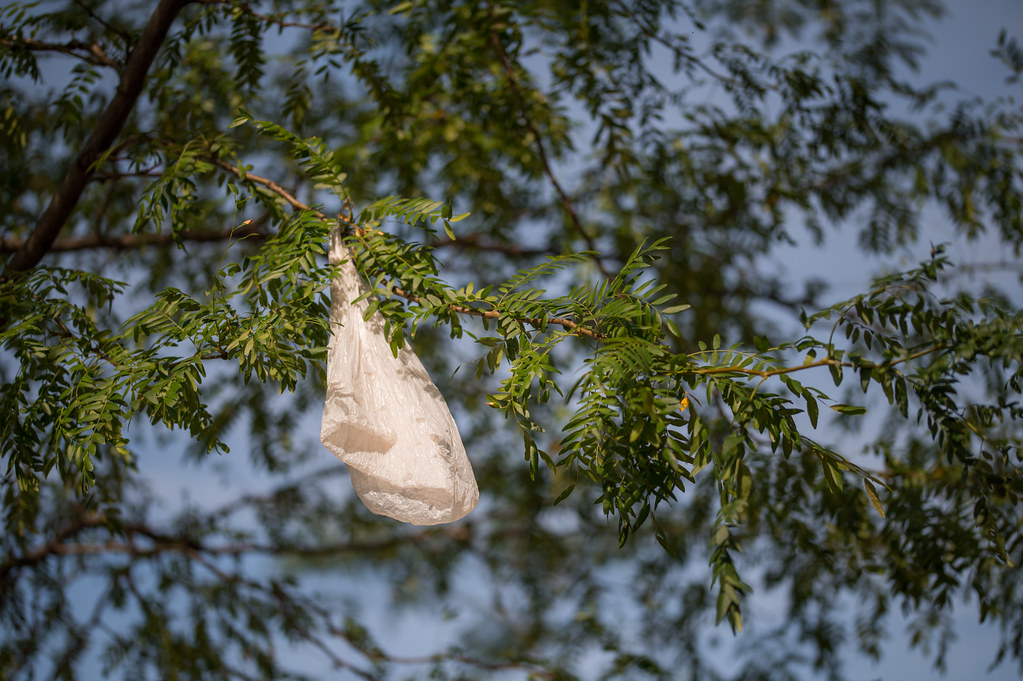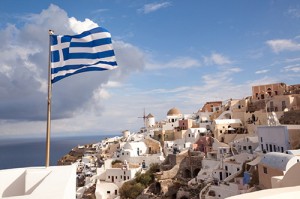And the punch line: “oh, to be a flaw on that why.” Thank you, I’m here all week. Onto the set-up.
Krugman goes to China and his hair catches fire.
The President gives the commencement address at Arizona State and the guy’s just, well…
It should be clear to you by now the category into which all of you fall. For we gather here tonight in times of extraordinary difficulty, for the nation and for the world. The economy remains in the midst of a historic recession, the worst we’ve seen since the Great Depression; the result, in part, of greed and irresponsibility that rippled out from Wall Street and Washington, as we spent beyond our means and failed to make hard choices. (Applause.) We’re engaged in two wars and a struggle against terrorism. The threats of climate change, nuclear proliferation, and pandemic defy national boundaries and easy solutions.
For many of you, these challenges are also felt in more personal terms. Perhaps you’re still looking for a job — or struggling to figure out what career path makes sense in this disrupted economy. Maybe you’ve got student loans — no, you definitely have student loans — (applause) — or credit card debts, and you’re wondering how you’ll ever pay them off. Maybe you’ve got a family to raise, and you’re wondering how you’ll ensure that your children have the same opportunities you’ve had to get an education and pursue their dreams.
Now, in the face of these challenges, it may be tempting to fall back on the formulas for success that have been pedaled so frequently in recent years. It goes something like this: You’re taught to chase after all the usual brass rings; you try to be on this “who’s who” list or that top 100 list; you chase after the big money and you figure out how big your corner office is; you worry about whether you have a fancy enough title or a fancy enough car. That’s the message that’s sent each and every day, or has been in our culture for far too long — that through material possessions, through a ruthless competition pursued only on your own behalf — that’s how you will measure success.
Now, you can take that road — and it may work for some. But at this critical juncture in our nation’s history, at this difficult time, let me suggest that such an approach won’t get you where you want to go; it displays a poverty of ambition — that in fact, the elevation of appearance over substance, of celebrity over character, of short-term gain over lasting achievement is precisely what your generation needs to help end.
And so, since it’s Christmas and you’re the Priest… a howdy of Vladimir Nabokov’s Father’s Butterflies:
When we affirm the conformity between the cycles of a species in time and in space, we are very far from the concept of evolution. In both time and space the development of variational distinctions is subordinate to the circle enclosing the species. One more step and we are out of the circle and have entered the domain, equally delineated and autonomous, of a different species. When a paleontologist aligns a row of progressively larger skeletons purporting to represent the evolution of the “horse,” the deception is that, in reality, no hereditary connection exists; the concept of species is hopelessly confused here with those of genus and family; we are faced with such a number of different species of animals that at one time formed, with other species related to each of them, a specific spatial cycle of a particular genus, to which a particular cycle corresponds in time; all these spheres of species (and genera)have long ago disintegrated; and the various species of Equus that we currently encounter on earth in a far from typical period of the species’ harmony, nonetheless represent more fully the “history of the horse” than a series of heterogeneous animals arranged on an evolutionary ladder. By this we certainly do not mean to say that the work of evolutionists has no scientific significance. The value of biological observations is in no sense diminished by the fact that deductions from them might have either been made a priori, or else have tempted thought into a vicious circle…. One is tempted to compare the evolutionist to a passenger who, observing through a railroad-car window a series of phenomena that implies a certain logic of structure (such as the appearance of cultivated fields, followed by factory buildings as a city approaches), would discern in these results and illustrations of movement the reality and laws of the very force governing the shift of his gaze.
Yet that a certain development of forms, from which the “bubbles of species” arose, somehow grew, for some reason burst, is beyond doubt. It is this path that we must now explore.
REACHING again into the basket of generally accessible examples, let us recall the analogy noticeable between the development of individual and species. Here an examination of the human brain can be most fruitful. We emerge from darkness and infancy and regress into infancy and darkness, completing an entire circle of existence.
In the course of life we learn, among other things, the concept of “species,” unknown to the ancestors of our culture. Yet, not only is the history of mankind parodied by the developmental history of the writer of these and other lines, but the development of human ratiocination, in both the individual and historic senses, is extraordinarily linked to nature, the spirit of nature considered as the aggregate of all its manifestations, and all the modifications of them conditioned by time. How is it conceivable, in fact, that amid the huge jumble containing the embryos of countless organs (of which up to forty-three are currently represented), the magnificent chaos of nature never included thought? One can doubt the ability of a genius to animate marble, but one cannot doubt that one afflicted by idiocy will never create a Galatea. Human intelligence, with all its limitations and rights, inasmuch as it is a gift of nature, and a perpetually repeated one, cannot fail to exist in the warehouse of the bestower. It may, in that dark storehouse, differ from its species seen in sunlight as a marble god is distinct from the convolutions of the sculptor’s brain — but still it exists. Certain whims of nature can be, if not appreciated, at least merely noticed only by a brain that has developed in a related manner, and the sense of these whims can only be that — like a code or a family joke — they are accessible only to the illuminated, i.e., human, mind, and have no other mission than to give it pleasure — we are speaking of the fantastic refinement of “protective mimicry,” which, in a world lacking an appointed observer endowed with artistic sensitivity, imagination, and humor, would simply be useless (lost upon the world), like a small volume of Shakespeare lying open in the dust of a boundless desert. This fact, even taken alone, implies a silent, subtle, charmingly sly conspiracy between nature and the one who alone can understand, who alone has at last achieved this comprehension — a spiritual alliance concluded above and beyond all the seething, the stirring, the darkness of roaming reveilles, behind the back of all the world’s organic life.
Just as an increase in the brain’s complexity is accompanied by a multiplication of concepts, so the history of nature demonstrates a gradual development in nature herself of the basic concept of species and genus as they take form. We are right in saying quite literally, in the human, cerebral sense, that nature grows wiser as time passes, that in a given period it has reached this or that specific stage. The only nit that can be picked is that we do not know what we imply when we say “nature” or “the spirit of nature.” But, as we shall see, this monstrous “X” to which, taking advantage of its infinite spaciousness, we ascribe responsibility even for our ignorance about its true countenance, does not avoid us in some inviolable mist, but merely does not turn our way. This particularity, in turn, opens the way toward identification, and strikes the first blow toward concrete comprehension, promising us what we, who were raised on the idea of orbits, can naturally expect, upon the sighting of anything revolving away from us, that it will keep rotating until it turns back to face us.
Until that happens we must be content with the half-smile of averted lips, a conspiratorial sign, an elusive glance from narrowed eyes. In order to bring into focus the concrete subject that interests us — the formation of the species concept in nature’s mind — this sign should suffice; but the path of thought pursuing the given objective is such a mirror-slippery slope — follows, like any correct but barely passable path, such a narrow ledge above such a chasm of nonsense — that its very novelty can already give a sense of falling.



